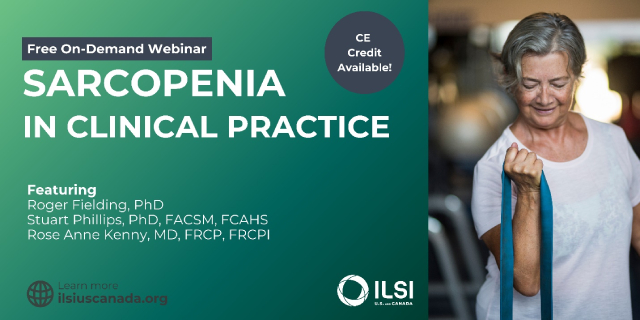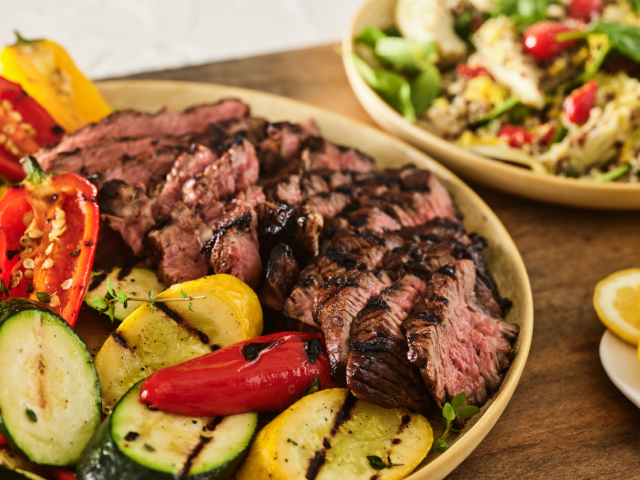
Enroll in a variety of education courses

Collect continuing education certificates

Managed by a team of nutrition scientists and registered dietitians, this hub is tailored to support the needs of health and nutrition professionals with a wide range of educational opportunities, including:

Earn 1.5 continuing education credits for physicians, nurses, PAs, RDs, & social workers while gaining practical st...

Hosted by the National Lipid Association (NLA) This podcast episode, host...

Explore research findings assessing the role of beef in a Mediterranean-style dietary pattern. ...